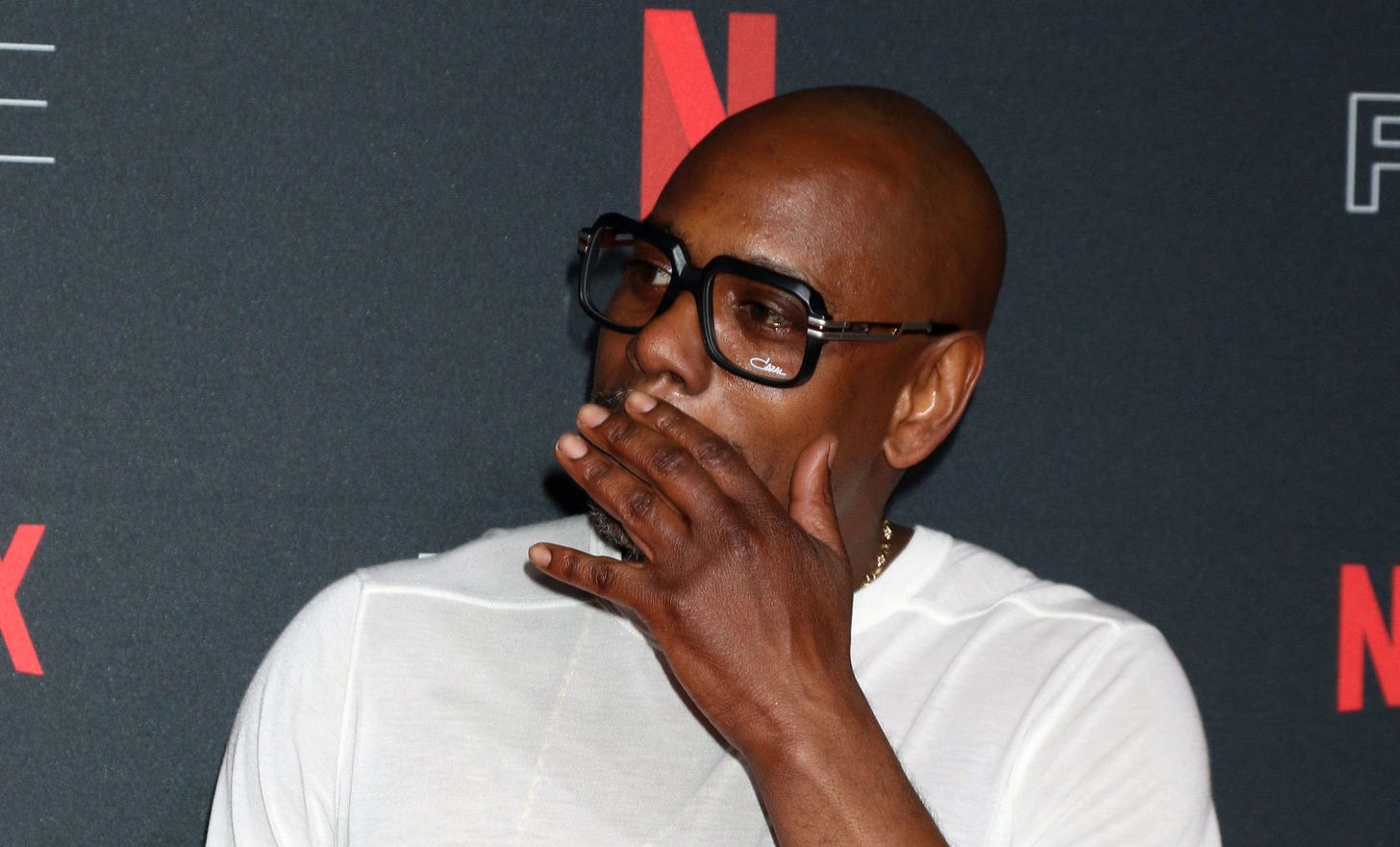E-Pluribus | November 16, 2022
Limited government is not necessarily gone for good; conservatives should take on protest vandals; and what to make of Dave Chappelle.
A round-up of the latest and best writing and musings on the rise of illiberalism in the public discourse:
Philip Klein: The Conservative Case for Limited Government
As Donald Trump announces another run, there’s a good chance policy will take a back seat to the circus atmosphere a Trump candidacy fosters. Phil Klein at National Review argues, however, that conservatives should take the opportunity to re-make the case that limited government is still the right path for the country no matter how far we have gone down the wrong one.
While Republicans have notoriously not lived up to promises to rein in the government when they have held power, in the past conservatives have tried to shame Republicans for not keeping their pledges and pressure them to do better (the Tea Party movement being a prime example).
But conservatives have largely moved on from making the case for reducing the size and power of Washington. In some cases, this shift has been passive. That is, some conservatives would still say when pressed that they support smaller government, but they are simply more concerned about other issues at the moment, or have decided that the battle to restrain government has already been lost and is thus now a wasted effort.
[ . . . ]
It has become popular in some circles on the right to mock “zombie Reaganism” and insist that while it may have made sense back in the 1980s to argue for smaller government, such a message is now outdated. Yet on the day Ronald Reagan was inaugurated and declared, “Government is not the solution to our problem; government is the problem,” the total federal debt hadn’t yet reached $1 trillion (or roughly $3 trillion, adjusted for inflation); today, it’s over $31 trillion. It’s difficult to see why the issue of the size of the federal government should have less salience now than it did then, given that the problem has gotten so much worse.
[ . . . ]
[T]he argument that the battle to limit government has already been lost also neglects to recognize that things could always get worse. That is, even though the federal government has gone through extraordinary growth since the New Deal, it would have grown even larger had there been no conservative movement to push back. . .
Read the whole thing.
Lee Siegel: “Who’s Going to Clean it Up?”
Attacks on art in the name of climate change awareness continue to pop up here and there. Lee Siegel at City Journal calls on conservatives to develop a theory of class to take advantage of the liberal hypocrisy that the new trend highlights.
Do conservatives wish to capture the imaginations of young people? Exposing the ludicrous sanctimony and killing hypocrisy of today’s so-called left-wing radicalism in the name of a new conservative radicalism is one way to do it. What America needs is a good, two-cent conservative theory of class.
[ . . . ]
One of the consequences of the so-called Reagan Democrats was to dissolve the bonds between the liberal elites and the white working class and white lower-middle class. Once the countercultural Left’s excesses moved the traditional foundation of the Democratic Party to the right, the party’s upper stratum turned with a vengeance on its former base. Once Ronald Reagan’s radical tax cuts—preceded by John F. Kennedy’s and accelerated later by Bill Clinton’s—spawned conditions that elevated them economically, liberal mandarins could sever themselves from a class of people against whom they, or their children, still had to compete, yet with whom they shared fewer and fewer public goods: housing, schools, community spaces, local businesses, civic commitment. That was when the white male went from a multidimensional social type to the quintessence of American evil. That was when everything that had held America together after the slow dissolution of its small towns—religion, stable identity, a simple love of country—became, in the eyes of liberal elites, un-American.
[ . . . ]
Conservatives need to make the connection between the protesters’ contempt for the sacred spaces that nourish the imaginations of children of the lower and middle classes and attempts by liberal elites to remove the competitive obstacle of the middle class altogether. What better way to do that than by destroying culture’s ability to illuminate and empower? This is not mere hypocrisy. It is class warfare.
Read it all here.
Eli Lake: Give Dave Chappelle a Shtetl Pass
Kanye West’s and Kyrie Irving’s recent forays into anti-Semitism (West has clearly outdone Irving) were fodder for Dave Chappelle at his recent appearance on Saturday Night Live. In the New York Sun, Eli Lake disagrees with those who lump in Chappelle with West and Irving, writing that the grand tradition of comedy includes pushing boundaries that can produce laughter even while communicating a deeper message.
The national director of the Anti-Defamation League, Jonathan Greenblatt, disagrees. In a tweet on Sunday, he said that Saturday Night Live had helped both normalize and popularize antisemitism. “Why are Jewish sensitivities denied or diminished at almost every turn?” Mr. Greenblatt asked. “Why does our trauma trigger applause.”
The president of the American Federation of Teachers, Randi Weingarten, tweeted her approval of the ADL’s statement. “Exactly right Jonathan,” she said. “It was chilling to watch. No trauma should be laughed at‚ — or made fun of — none.”
Really? Are Ms. Weingarten and Mr. Greenblatt unaware of the work of, say, Mel Brooks or Isaac Bashevis Singer? Both mined the tragedy of Jewish trauma for punchlines and irony. You could say that finding humor in despair is one of the secrets of Jewish survival over the last five millennia.
[ . . . ]
[I]t’s bizarre to equate targeted violence against Jews with the ramblings of rappers and point guards. The recent attacks against Jews at Boro Park and Jersey City count as real trauma for the Jewish community. The public meltdowns of Messrs. West and Irving are gaper delays on the information superhighway.
In this respect, Mr. Greenblatt and Ms. Weingarten are asserting that American Jews should be protected from speech and culture. In other words, they are co-opting the history of Jewish trauma to justify new kinds of censorship.
Read it all.
Around Twitter
The Foundation for Individual Rights & Expression shines a light on an attempt in Texas to selectively remove books from public school libraries. While age-appropriateness is a legitimate parental and education concern, FIRE says the specifics of the policy can’t withstand scrutiny:
Is racial segregation making a comeback? Are we talking about “Jim Crow 2.0” in Georgia? No, Thomas Chatterton Williams is talking about… the New York Times:
And finally, via Wesley Yang, a helpful flowchart:











